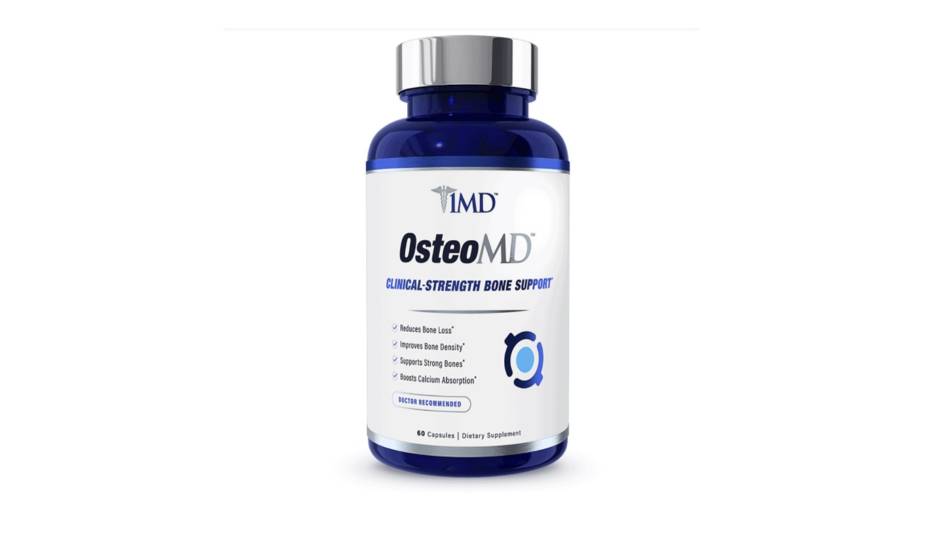
Answer:
OsteoMD by 1MD is a bone health supplement that, according to its website, "is proven to help support strong bones by stimulating mobilization of calcium to slow the rate of bone loss, and may reduce the risk of osteoporosis." It contains a combination of ingredients that are commonly included in bone health supplements, such as vitamin D, calcium and vitamin K2, as well a lesser-known ingredient — Cal-Z-Bone, a branded extract of Cissus quadrangularis, a plant in the grape family.
The OsteoMD formula does not appear to have been tested in a clinical trial. So, instead of reviewing data for the product, we reviewed the amounts of each of its ingredients for potential efficacy and safety.
OsteoMD Ingredients:
Vitamin D3
OsteoMD contains 50 mcg (2,000 IU) of vitamin D3 per three-capsule serving. Taken with calcium, vitamin D can help decrease post-menopausal bone loss and prevent osteoporosis (loss of bone density), but 2,000 IU is more than typically needed -- the Recommended Daily Allowance (RDA) from all sources for adults is 15 to 20 mcg. As discussed in our Vitamin D Supplements Review, if a person's blood level of vitamin D is already close to or above 20 ng/mL, taking a vitamin D supplement provides no further bone benefit. While the amount of vitamin D in this product may provide a bone health benefit in people with low levels of vitamin D, be aware that having blood levels of vitamin D above 50 ng/mL, and/or getting too much vitamin D from supplements may reduce bone mineral density, increase the risk of bone fracture and falls, and have other adverse effects.
Calcium
OsteoMD contains 325 mg of calcium, as calcium hydroxyapatite, per three-capsule serving. Calcium supplements, taken with vitamin D, appear to at least modestly protect against osteoporosis, but studies have not been consistent as to whether calcium and vitamin D reduce the risk of fractures.
Calcium hydroxyapatite is derived from cow bone, and naturally contains other minerals, as well as bone proteins such as collagen. Calcium hydroxyapatite appears to be roughly equivalent to calcium citrate and calcium carbonate in slowing bone turnover but is less likely to cause constipation than calcium carbonate. OsteoMD provides a reasonable amount of calcium (note that you can't absorb more than about 500 mg of calcium at a time) that can help you reach the daily requirement for calcium (1,200 mg per day for women 51 and older and men 71 and older) without consuming too much from supplements — which can increase the risk of heart attack and stroke, and have other adverse effects. Just be sure to include all sources of calcium, including from foods, supplements, fortified foods and calcium-containing medications, such as certain antacids, when considering how much calcium you need.
Vitamin K2
This product also contains 180 mcg of menaquinone-7 (MK-7) per serving. Although vitamin K is important for calcium utilization in bones, most people are not deficient in vitamin K, and there is mixed evidence as to whether vitamin K supplementation, in its various forms, improves bone density or reduces fracture risk, even when taken in combination with calcium and vitamin D. In addition, the MK-7 form of vitamin K seems less promising for preventing bone loss than vitamin K1 or vitamin K2 as MK-4. Nevertheless, one study showed that supplementing daily with 180 mcg of MK-7 decreased age-related decline in bone mineral content and density at the lumbar spine and femoral neck — but keep in mind these improvements were only statistically significant after three years of supplementation. Be aware vitamin K can interfere with anticoagulant medications such as warfarin (Coumadin and Jantoven), and with dosages as low as 10 mcg per day for the MK-7 form of vitamin K2, due to its long half-life. As a result, some experts suggest people taking warfarin should avoid MK-7 supplements. People taking warfarin should not begin supplementing with any form of vitamin K unless advised to do so by their doctor.
Cal-Z-Bone (Cissus quadrangularis extract)
OsteoMD contains 750 mg of Cal-Z-Bone (manufactured by Verdure Sciences), a branded, standardized extract of Cissus quadrangularis (also called winged treebine stem), a vine-like plant in the grape family. It contains 98% extract of Cissus quadrangularis stem and a small amount of silicon dioxide (0 to 2%).
Cissus quadrangularis has been used in traditional Ayurvedic medicine for bone health, and, according to 1MD's website, "supports bone-formation and efficient calcium utilization." Laboratory and animal studies suggest that Cissus quadrangularis may have anti-osteoporotic effects, possibly by increasing differentiation and mineralization of osteoblasts (cells that form new bone) and promoting bone formation (Stohs, Phytother Res 2013).
However, few clinical trials have examined the effects of Cissus quadrangularis on bone health in people, and those that have have not yielded convincing evidence of benefit. A study in Thailand among 108 postmenopausal women with osteopenia (weak bones caused by faster bone resorption than bone formation) showed that supplementing with 1,200 or 1,600 mg of powdered Cissus quadrangularis stems daily for 6 months decreased levels of procollagen type 1 N-terminal propeptide (P1NP), a bone formation marker that has been inversely linked with bone mineral density, compared to placebo. However, there was no statistically significant change in bone mineral density for those given Cissus quadrangularis compared to placebo (Benjawan, Phytomedicine 2022). A study in India among 30 men and women with low bone mineral density found that a combination of 250 mg of Cissus quadrangularis stem extract, 125 mg of ashwagandha root extract and 125 mg of holy basil (Ocimum sanctum) extract taken three times per day for six months modestly increased bone mineral density compared to placebo (Sarang, Int J Drug Discov Technol 2011). Another study in India among 35 perimenopausal women (age range 45 to 55) with low bone mineral density suggested that taking Cal-Z-Bone daily (dose and strength of extract not specified) for six months increased bone mineral density and increased T-scores (a lower score indicates greater risk of future fractures), but the study did not include a placebo or a control group, so it cannot prove the efficacy of Cal-Z-Bone (Deschmukh, Antiseptic 2011).
Taking 300 mg of Cissus quadrangularis extract or 500 to 1,600 mg of powder has been found to be generally safe in short-term clinical trials. In these trials, side effects, including headache, dry mouth, insomnia, nausea, gas and diarrhea have been reported. However, long-term studies are needed to better assess its safety, particularly at the dose in OsteoMD (750 mg).
Cost:
A daily serving of three capsules of OsteoMD costs $1.53. In ConsumerLab's product reviews, one can get the same amounts of vitamins and minerals for as little as 36 cents (5 cents for 50 mcg of vitamin D; about 5 cents for 325 mg of calcium, and 26 cents for 180 mcg of MK-7). So, you are paying $1.17 extra for these in a formula along with Cal-Z-Bone.
The Bottom Line on OsteoMD:
If you have low blood levels of vitamin D and are not getting enough calcium from your diet, OsteoMD will provide meaningful amounts of both, which is important for maintaining healthy bones, and this may modestly protect against osteoporosis. However, given the mixed evidence as to whether vitamin K (as MK-7) help build bone density, and the lack of quality clinical trials using Cal-Z-Bone (Cissus quadrangularis stem extract), it's not clear that these ingredients add a benefit. In addition, there do not appear to be any clinical trials using this exact combination of vitamin D, calcium, K2 and Cissus quadrangularis to build bone density or prevent or treat osteoporosis. For this reason, it may be better to choose a single-ingredient vitamin D supplement and/or calcium supplement (or a combination of the two) if supplementation is needed. It would also save you $35 per month. People taking anticoagulant medications such as warfarin should not take OsteoMD without first consulting their healthcare provider.
Join today to unlock all member benefits including full access to all CL Answers and over 1,400 reviews.
Join NowAlready a member? Sign In Here.
Join now at www.consumerlab.com/join/

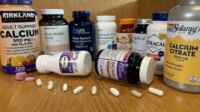
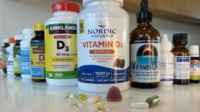
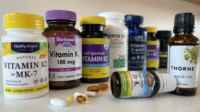
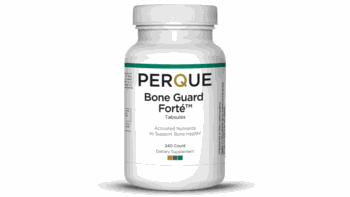

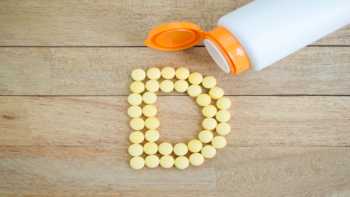





Submit your comment
This feature is restricted to active members.
Join now to add comments and get all member benefits, including over 1,400 reviews.
Join NowAlready a member? Sign in here.